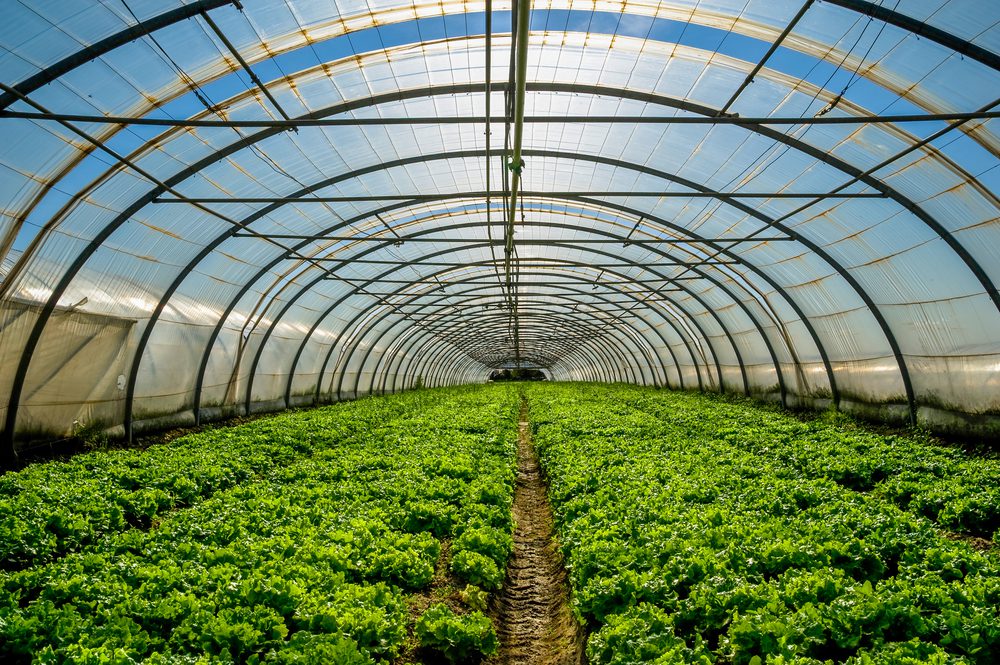The horticulture sector is continuing to see significant input price inflation, a trend that has been ongoing for four years.
That’s according to a price report that has been compiled by Teagasc, which looks at a “snapshot” of prices in January 2024 compared to 2023.
This report found that all sub-sectors of horticulture are experiencing input price inflation across many outputs, with some exceptions, such as energy.
In 2024, the standout cost in the sector is labour, and this is a key driver of overall input price inflation.
Since Teagasc issued the first report of this type in 2021, combined horticulture inputs have risen on average by 40%.
Teagasc said that geopolitical and climate change issues have affected international arrangements for sourcing fruit and vegetables.
The advisory and research body said that a market response will be required to ensure the economic and environmental sustainability of Irish horticulture production into the future.
The report also said that margins over costs for horticulture producers will need to improve to incentivise investment and allow generational renewal of businesses.
Teagasc values the sector at €521 million (farmgate value), making it the fourth largest sector in the country after dairy, beef and pigs in terms of gross agricultural commodity output value.
The report noted that the operating environment for Irish horticulture producers is constantly evolving.
It also said that, this year, the emphasis in terms of costs will be “extreme weather”, leading to difficult growing conditions from plant establishment through to harvesting.
In 2024, labour costs will be the key driver of inflation, and this cost will outway reductions in other input categories, including energy.
Labour represents, on average, 42% to total input costs for most sectors. As an input, it has increased by between 12.5% and 24.3%, depending on sector, over the last number of years.
Dermot Callaghan, head of Teagasc Horticulture Development Department, commented: “Margin over costs for Irish horticulture producers will need to improve to incentivise investment and allow for generational renewal of business.
“A market response will be required to underpin the economic and environmental sustainability of Irish horticulture production into the future,” Callaghan added.
